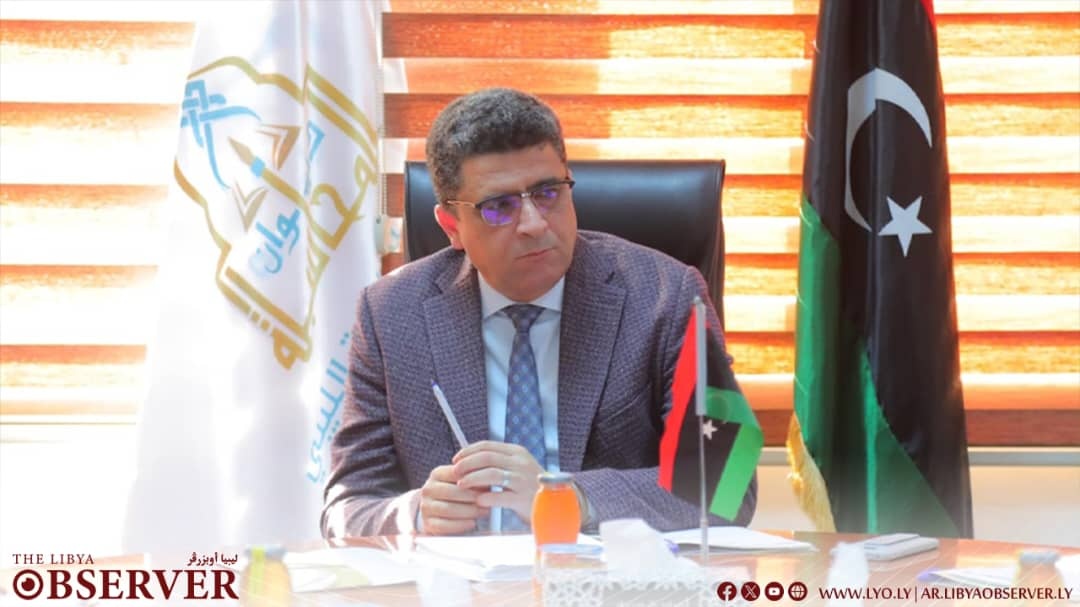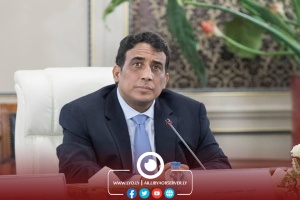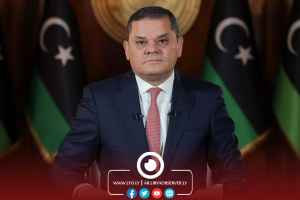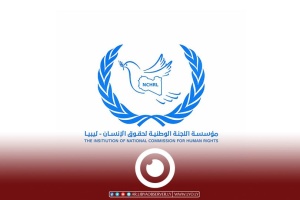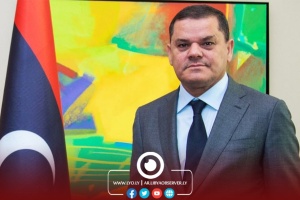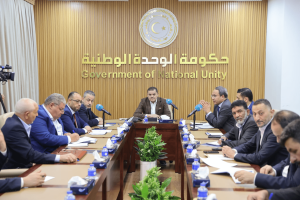The Head of the Audit Bureau, Khalid Shakshak, considered that the fuel subsidy policy in its currently applied form is a waste of public funds, draining resources.
Shakshak added in press statements that subsidizing fuel in this way contributed to the spread of crime and inequality in the distribution of resources, and undermined democracy, calling for replacing fuel subsidies by paying money estimated at about 1000 dollars to families, which would help prevent fuel smuggling to outside Libya.
Shakshak recalled his previous urge to give families a pre-loaded rechargeable card, which they can use to buy fuel at subsidized prices at points of sale across the country. He added that once families finish their monthly allocations, they would be required to purchase fuel at market prices.
He said that large quantities of fuel were being smuggled, to the point that Libyans in some southern and border areas stood for hours in long queues to fill their cars or they would buy it on the black market. He also considered that the real beneficiaries of this subsidy system were the owners of companies, factories, and luxury cars, which resulted in injustice in the distribution of state resources.
Shakshak described the National Oil Corporation's accounting system as weak, saying it does not comply with international standards, and that it does not have a complete vision of what its subsidiaries are doing. He explained that the NOC's adoption of the barter system to exchange oil for fuel facilitated the process of the disappearance of funds without monitoring, especially with a discrepancy in numbers estimated at $9 billion.

